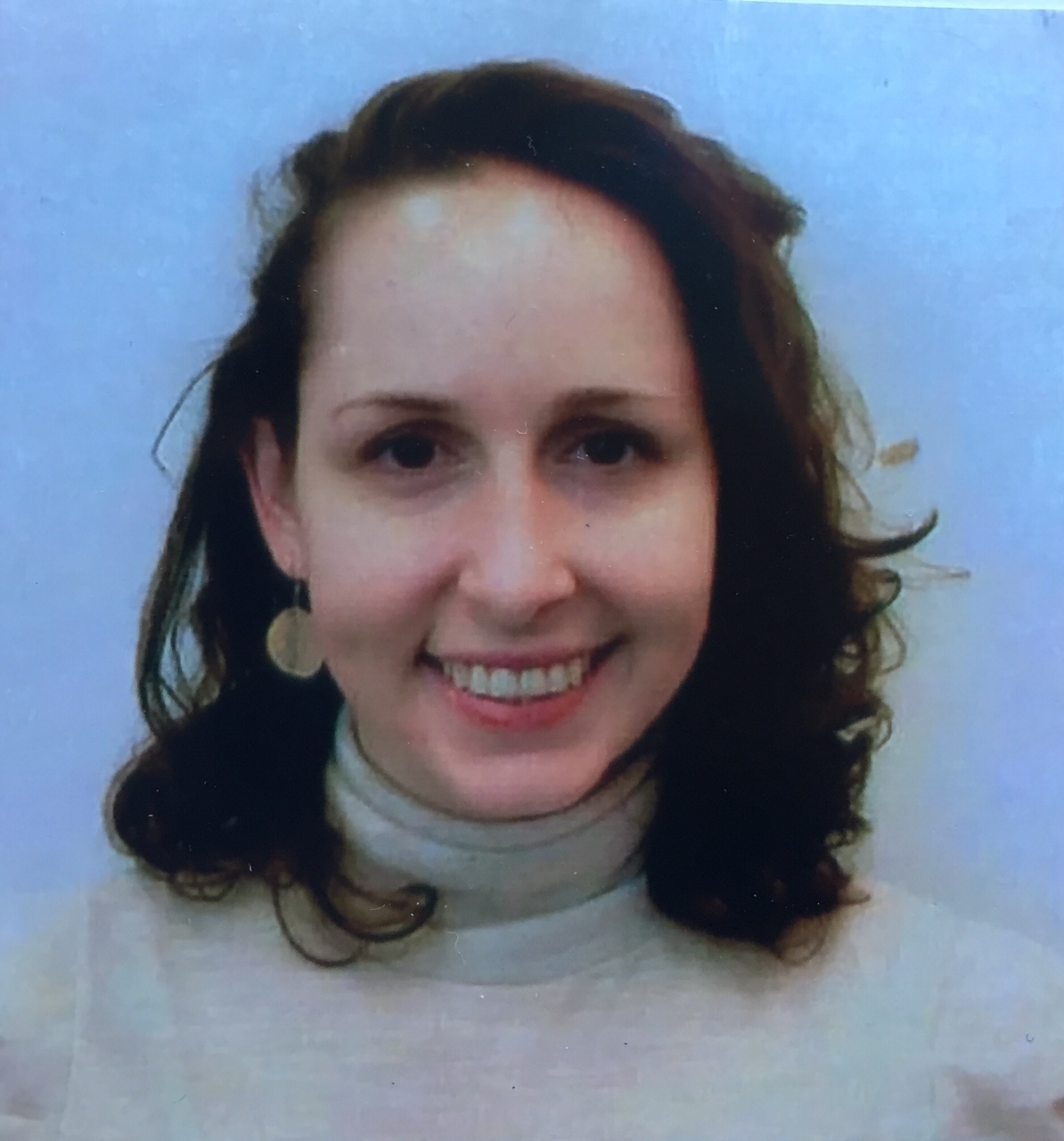Biography
- Share

Erica Gaston
- Alumni
- United States
- 2017 PhD Politics and International Studies
- Homerton College
While studying at Stanford University and Harvard Law School, I focused on international and national security issues and the implications of security strategies for human rights. After graduation, I set out to put my studies into practice, living or working extensively in Afghanistan, Yemen, Pakistan, Egypt, and other countries. I have seen many examples where international politics gets it right, and whether testifying before the U.S. Senate or NATO about accountability and civilian redress, or working with local partners on conflict resolution and local security solutions, I’ve had the opportunity to be a part of positive change. But I have also seen the cracks and seams in the system, as I sat with Afghan families abused by local militias, or saw the Arab Spring process in Yemen collapse into renewed conflict. Western policymakers face a dilemma in such situations: leaving a security void in fractured spaces brings heavy risks, both for local civilians and the international community; but often the only actors to fill that void immediately are problematic. My research examines a critical aspect of this problem, exploring whether the control mechanisms that external actors establish when working with local or hybrid security forces can successfully mitigate the risks and costs of doing so. Whether or not such mechanisms work has significant implications for local civilians in an increasing number of areas, and for international security strategy as a whole.
Previous Education
Stanford University
Harvard Law School








